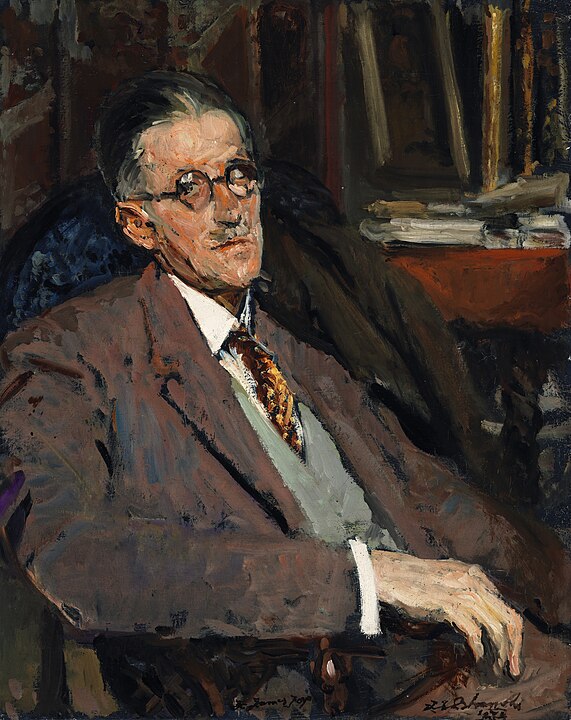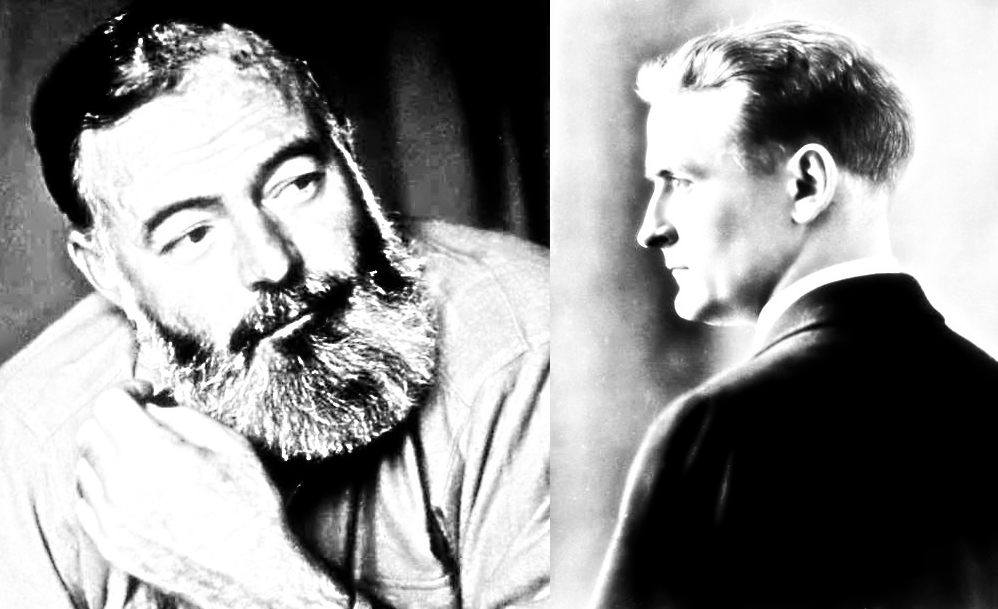Today’s quote comes from The Count of Monte Cristo by Alexandre Dumas. The quote in its entirety reads as follows:
“Only seventeen months,” replied Dantès. “Oh, you do not know what is seventeen months in prison!—seventeen ages rather, especially to a man who, like me, had arrived at the summit of his ambition—to a man, who, like me, was on the point of marrying a woman he adored, who saw an honorable career opened before him, and who loses all in an instant—who sees his prospects destroyed, and is ignorant of the fate of his affianced wife, and whether his aged father be still living! Seventeen months’ captivity to a sailor accustomed to the boundless ocean, is a worse punishment than human crime ever merited. Have pity on me, then, and ask for me, not intelligence, but a trial; not pardon, but a verdict—a trial, sir, I ask only for a trial; that, surely, cannot be denied to one who is accused!”
The Count of Monte Cristo
Alexandre Dumas’s The Count of Monte Cristo details the story of Edmond Dantes who is imprisoned in the Chateau d’If for being accused of being a Bonapartist (or a supporter of Napolean) after Napolean’s escape from Elba. Dantes’ torture comes from his imprisonment at the ludicrously volatile prison Chateau d’If. He nearly commits suicide before he convinced otherwise and his life is changed, but the torment of the prison is enough to nearly drive him mad.
The reason I chose this quote today is because we recently read of an unjust imprisonment in A Connecticut Yankee in King Arthur’s Court. The peculiar fixation of protagonist Hank Morgan on this injustice reveals that he wants more from society than what it has resigned itself to in the benefit of the people, which is not much. More specifically, we read recently in A Connecticut Yankee in King Arthur’s Court that Hank considered and contemplated the awful torture of Morgan le Fay’s dungeon and the terrible woes that those imprisoned there faced.
Case in point, one prisoner was left in his cell with barely a slit in the wall to see outside; and, what did he see? He saw his home far off and the shapes of his family members lingering near the house and inside the house…for years. Additionally, as time passed on, he saw the bodies of people removed from the home and funerals engaged.
He states of the man’s fate: “He could see the lights shine there at night, and in the daytime he could see figures go in and come out—his wife and children, some of them, no doubt, though he could not make out at that distance. In the course of years he noted festivities there, and tried to rejoice, and wondered if they were weddings or what they might be. And he noted funerals; and they wrung his heart” (Twain).
The imprisoned man’s entire family, save for one, all died in his time in the dungeon, at least from what he could see, and the torture of simply seeing the figures and the shapes was too much to bare for this one tortured soul. The haunting nature of this punishment is that he could not tell who was left. Was it wife? Was it child? As he states: “So he had lost five of his treasures; there must still be one remaining—one now infinitely, unspeakably precious,—but which one? wife, or child? That was the question that tortured him, by night and by day, asleep and awake” (Twain).
Hank goes with the man after he is released from the dungeon and finds quite a surprise. Not a single “soul of the tribe was dead” and it turns out that Morgan le Fay had “invented all those funerals herself, to scrotch his heart” and to torment the man for the slight he had dealt her. The slight itself, Hank surmises, was so slight in fact, that the vile nature of the le Fay became abundantly clear: “He had said she had red hair … but that was no way to speak of it…” as the higher class were not “red-haired” but were in fact “auburn.”
Conclusion
Such a small insult (which isn’t even a slight) was met with a half century of hell. When put into the context of Count of Monte Cristo, this man who eventually has a joyous release (like Edmond) experiences the worst nightmare one can imagine for little more than passing ignorance. Such trauma imposed on a soul is so cruel and unexplainable that we can only refer to the very act of execution as inhumane.
It stands to reason then that the unjust imprisonment of a man who is merely ignorant greatly unsettles Hank Morgan. His reaction is certainly warranted, but these sorts of inequities have already started boiling his patience and acceptance of medieval mores. A great upheaval brews deep.
Works Cited
Twain, Mark . “A CONNECTICUT YANKEE, COMPLETE, by Mark Twain.” Gutenberg.org, 1 Oct. 1993, www.gutenberg.org/files/86/86-h/86-h.htm. Accessed 1 Sept. 2023.








Leave a Reply